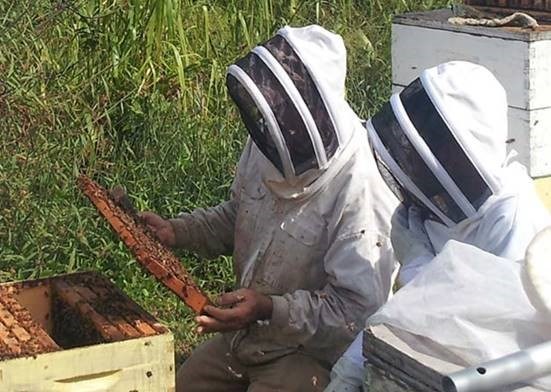Honey bees are vital to crop pollination worldwide and to the global food supply. Honey bees are currently facing colony collapse disorder and Varroa mites: a deforming wing virus that renders a bee's wings useless. And now, a new virus, dubbed Moku, has been found in a species of wasp that has the potential to spread to honey bees. The Moku virus was found in the western yellow jacket. The yellow jacket wasp is a wide-ranging general predator; the wasp feeds on a variety of insects, including honey bees. Researchers are concerned that the virus could be predominantly menacing to the common honey bee. Moku virus is closely related to slow bee paralysis virus, which paralyzes a bee's front legs. The Moku virus can spread through flower nectar which bees and wasps both feed on. The MV can also infect other sawflies, ants, mites and ticks.


